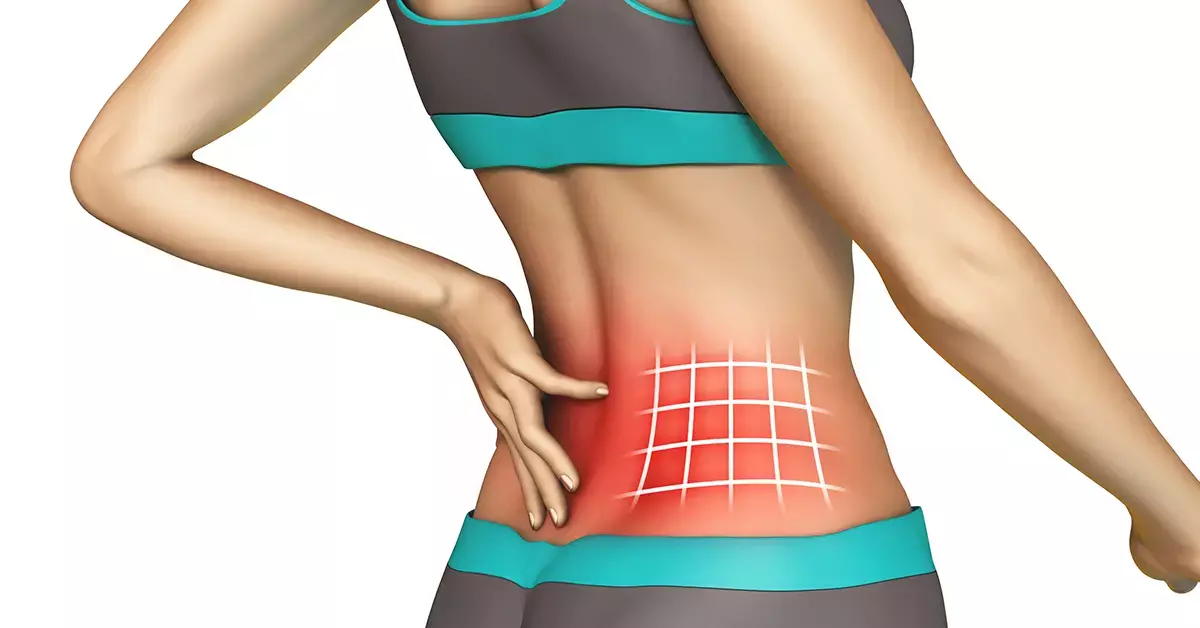- Home
- Medical news & Guidelines
- Anesthesiology
- Cardiology and CTVS
- Critical Care
- Dentistry
- Dermatology
- Diabetes and Endocrinology
- ENT
- Gastroenterology
- Medicine
- Nephrology
- Neurology
- Obstretics-Gynaecology
- Oncology
- Ophthalmology
- Orthopaedics
- Pediatrics-Neonatology
- Psychiatry
- Pulmonology
- Radiology
- Surgery
- Urology
- Laboratory Medicine
- Diet
- Nursing
- Paramedical
- Physiotherapy
- Health news
- Fact Check
- Bone Health Fact Check
- Brain Health Fact Check
- Cancer Related Fact Check
- Child Care Fact Check
- Dental and oral health fact check
- Diabetes and metabolic health fact check
- Diet and Nutrition Fact Check
- Eye and ENT Care Fact Check
- Fitness fact check
- Gut health fact check
- Heart health fact check
- Kidney health fact check
- Medical education fact check
- Men's health fact check
- Respiratory fact check
- Skin and hair care fact check
- Vaccine and Immunization fact check
- Women's health fact check
- AYUSH
- State News
- Andaman and Nicobar Islands
- Andhra Pradesh
- Arunachal Pradesh
- Assam
- Bihar
- Chandigarh
- Chattisgarh
- Dadra and Nagar Haveli
- Daman and Diu
- Delhi
- Goa
- Gujarat
- Haryana
- Himachal Pradesh
- Jammu & Kashmir
- Jharkhand
- Karnataka
- Kerala
- Ladakh
- Lakshadweep
- Madhya Pradesh
- Maharashtra
- Manipur
- Meghalaya
- Mizoram
- Nagaland
- Odisha
- Puducherry
- Punjab
- Rajasthan
- Sikkim
- Tamil Nadu
- Telangana
- Tripura
- Uttar Pradesh
- Uttrakhand
- West Bengal
- Medical Education
- Industry
LINC-PINT gene polymorphisms considered risk factors for Lumbar disc herniation

As a global issue, research indicates that 80% of the population will experience Lumbar disc herniation (LDH) at least once in their lifetime. LDH is a complex spinal disease, with multiple genetic polymorphisms being related to its risk. Nevertheless, the role of LINC-PINT polymorphisms in LDH risk has remained unknown. Therefore, Wu et al conducted a study to investigate the association between LINC-PINT polymorphisms and LDH risk.
DNA was extracted from 504 LDH patients and 500 healthy controls. Three single nucleotide polymorphisms (SNPs) in LINC-PINT were selected and genotyped using Agena MassARRAY. The authors used logistic regression analysis to calculate odds ratios (ORs) and 95% confidence intervals (95% CIs) under multiple genetic models to evaluate the association between LINC-PINT polymorphisms and LDH risk. Haploview 4.2 and SNPStats software were used to evaluate the linkage strength of SNPs and the correlation between haplotypes and LDH risk. The impact of SNP-SNP interactions on LDH risk was analyzed using multi-factor dimensionality reduction (MDR).
• Results showed that rs157916 (G vs. A: OR=1.23, FDR-p=0.029) and rs7801029 (G vs. C: OR=1.39, FDR-p=0.006; GG vs. CC: OR=2.34, FDR-p=0.038; recessive: OR=2.13, FDR-p=0.045; additive: OR=1.39, FDR-p=0.030) were associated with an increased risk of LDH.
• Furthermore, LINC-PINT rs157916 and rs780129 were found to be significantly associated with LDH risk in males.
• The “GGG” haplotype was associated with increased LDH risk (OR=1.41, FDR-p=0.006).
• MDR analysis indicated that the interaction between rs7801029 and rs16873842 was associated with an increased risk of LDH (OR=1.47, p=0.004).
• There were significant differences in C-reactive protein levels among different genotypes of rs157916 and rs780129 (p<0.05).
The authors concluded that – “this study suggested that LINC-PINT polymorphisms (rs157916 and rs7801029) were significantly associated with an increased risk of LDH in the Chinese population. Our study may provide a scientific basis for early screening, prevention, pathogenesis, and diagnosis of LDH in the Chinese Han population.”
Further reading:
Association of LINC PINT polymorphisms with lumbar disc herniation risk among Chinese Han population: a case control study, Wu et al Journal of Orthopaedic Surgery and Research (2023) 18:585 https://doi.org/10.1186/s13018-023-04052-
MBBS, Dip. Ortho, DNB ortho, MNAMS
Dr Supreeth D R (MBBS, Dip. Ortho, DNB ortho, MNAMS) is a practicing orthopedician with interest in medical research and publishing articles. He completed MBBS from mysore medical college, dip ortho from Trivandrum medical college and sec. DNB from Manipal Hospital, Bengaluru. He has expirence of 7years in the field of orthopedics. He has presented scientific papers & posters in various state, national and international conferences. His interest in writing articles lead the way to join medical dialogues. He can be contacted at editorial@medicaldialogues.in.
Dr Kamal Kant Kohli-MBBS, DTCD- a chest specialist with more than 30 years of practice and a flair for writing clinical articles, Dr Kamal Kant Kohli joined Medical Dialogues as a Chief Editor of Medical News. Besides writing articles, as an editor, he proofreads and verifies all the medical content published on Medical Dialogues including those coming from journals, studies,medical conferences,guidelines etc. Email: drkohli@medicaldialogues.in. Contact no. 011-43720751


